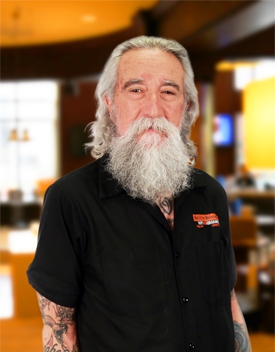Depending on who or which group you are talking to, you will get two completely different answers about the safety and efficiency of using ethanol in your vehicle. The type and year of your vehicle also matters.
The American Motorcyclist Association (AMA) has continually voiced opposition to using fuels with 15 percent ethanol in small engines and motorcycles. The AMA fears that more E-15 on the market opens the chance of fueling errors in vehicles not designed to use the higher concentration of ethanol. The added expense of installing E-15 pumps might cause some gas retail stations to eliminate the E-10 pumps all together.
The recent push to accelerate the production of E-15 fuel has prompted the AMA to send out an action alert to its members asking for support of H.R. 704.
H.R. 704 is a bipartisan bill that would amend the Renewable Fuel Standard, seeking to prohibit the Environmental Protection Agency (EPA) from allowing any station to sell gasoline containing more than 10 percent ethanol by volume, the current level found in E-10 fuel. The bill was authored by U.S. Representatives Bob Goodlatte (R-VA) and Peter Welch (D-VT).
Proponents of ethanol say consumers have been using ethanol for years with no significant problems reported. One group has established a website dedicated to explaining the benefits of ethanol fuels while debunking what it calls the myths surrounding the fuel. The group, Choose Ethanol, explains that it is illegal to use E-15 in motorcycles, and doesn’t know what the AMA is worried about. Of course, Choose Ethanol doesn’t comment on the availability of E-10 or regular unleaded gas in the future, one of the concerns of the AMA.
Current operator manuals from different motorcycle manufacturers, including Harley-Davidson, say fuels with ethanol content up to 10 percent may be used in the motorcycle without affecting vehicle performance.
Ethanol is an alcohol fuel made from plant products (usually corn). Alcohol is hydrophilic, meaning it attracts water. In two stroke engines, the separation of gas, alcohol, water and oil means proper lubrication is not achieved. The oil needed to lubricate the engine floats on top of the fuels and is not distributed properly. In four cycle engines, the alcohol corrodes carburetor parts and disintegrates rubber hoses and seals.
When storing a vehicle that uses ethanol fuel, a quality stabilizer should be put in the fuel tank. Also, a stored vehicle with ethanol fuel is susceptible to the growth of acetobacter bacteria. Acetobacter aceti is non-pathogenic, and converts ethanol to acetic acid. You can guess what acetic acid might do to your engine or gas tank.
The use of E-15 in your motorcycle could void your warranty and it is also illegal.

